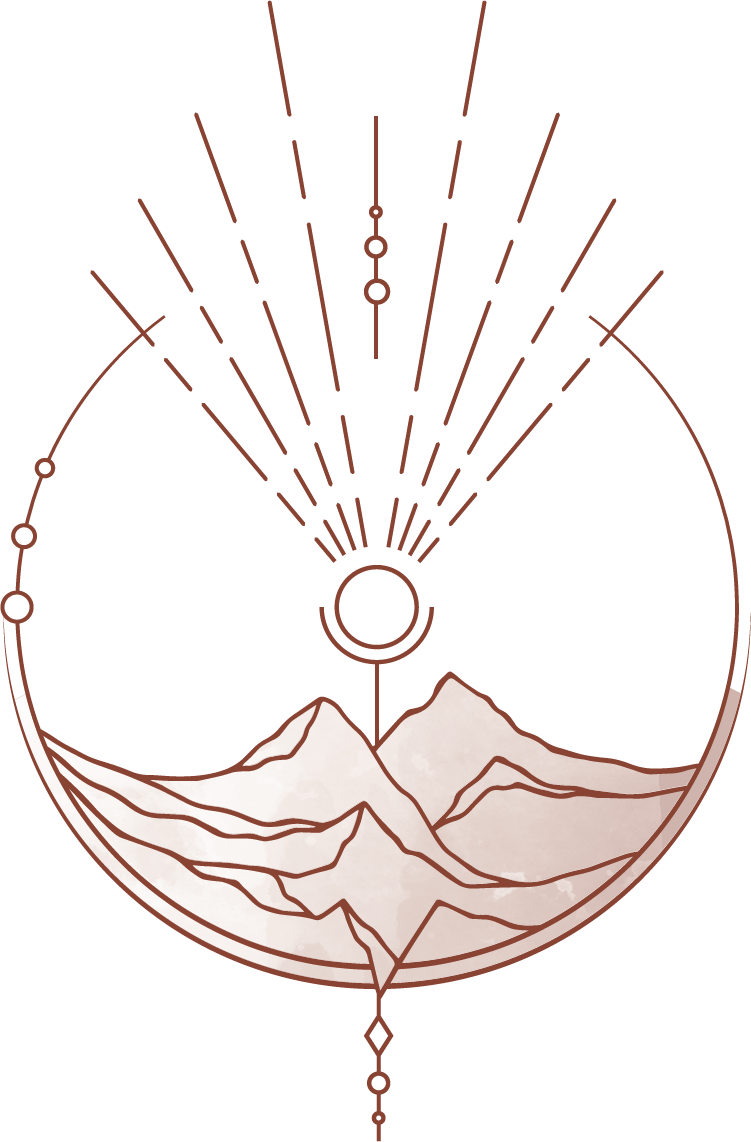The Power of Preventive Medicine: You don’t have to ‘Pay Later’
“Ancient sages did not treat those who were already sick, but those who were not yet sick... When disease has already broken out and is only then treated, would that not be just as late as waiting to be thirsty before digging a well? - Chinese Medical text (Huang Di Nei Jing, 425 BC) ”
As we age, health maintenance concerns become more prominent in our daily life. However, the concept of ‘health’ may differ drastically between individuals and is often a very personal issue. Since 1946, the World Health Organization (WHO) has defined health as ‘a state of complete physical, mental, and social well-being and not merely the absence of disease or infirmity’ (1). This definition implies a physiological state between disease and wellbeing, recently termed in the scientific literature as suboptimal health status (SHS). Suboptimal health is characterized as the self-perception of health complaints, general weakness and low energy within a 3 month period. This health state is unfortunately common to our society, yet often unaddressed.
Western medicine typically does not address this “in-between” stage of suboptimal health and commonly dismisses health complaints that cannot be verified through tangible methods of laboratory testing or imaging. However, treating health imbalances before they manifested into physical form has been the main tenet of Chinese Medicine for over 2000 years. This is based on the historical understanding that disease is easily reversible before it becomes physically tangible (1). This delineation is very important because once an imbalance is capable of being diagnosed with physiological markers, it is inherently more difficult to bring the body back into balance and good health.
Once disease has progressed to a measurable level, physicians rely on prescription medications to suppress symptoms of the imbalance and rarely address the initial cause. This continued suppression sets the stage for progression into chronic disease and unnecessary surgeries, which can be mitigated through life-long use of preventive medicine.
The real wisdom of preventive medicine is that it can inform every single decision made in daily life. This inherently includes making healthy food choices, getting adequate exercise, prioritizing deeply restorative sleep, and creating opportunities for the enjoyment of life. Importantly, it also includes paying close attention to your body and being aware of any indications of dysfunction. These indications initially reveal themselves in subtle ways, such as sleep disturbances, minor digestive issues or a general awareness that something is indescribably ‘off’. Preventive medical practitioners view these bodily perceptions as valuable diagnostic insights for effective treatment, with the intent to rectify the initial imbalance and halt the progression of disease.
Preventive medicine is an invitation to transform health maintenance into an enjoyable journey of self-care, rather than submitting to the cultural status quo of the eventual demise of health and wellbeing. The Sandpoint community is very fortunate to have a multitude of preventive resources readily available, including Chinese Medicine, Naturopathic Medicine, Functional Medicine, Ayurveda, bodywork/massage, and many more
References:
Wang, W., Russell, A., & Yan, Y. (2014). Traditional Chinese medicine and new concepts of predictive, preventive and personalized medicine in diagnosis and treatment of suboptimal health. EPMA Journal, 5(1). doi: 10.1186/1878-5085-5-4

